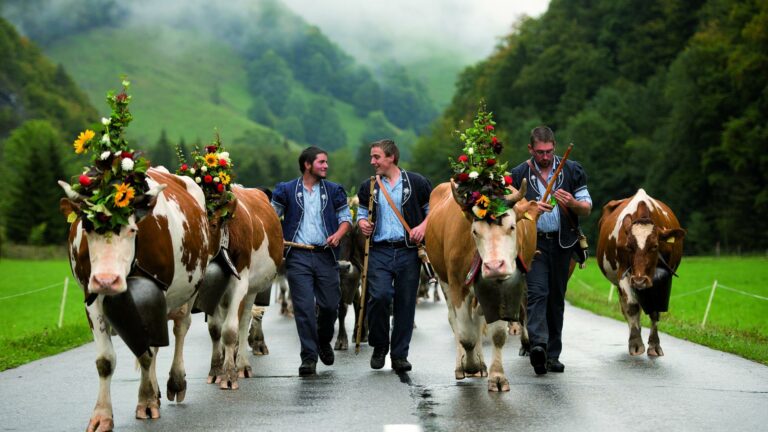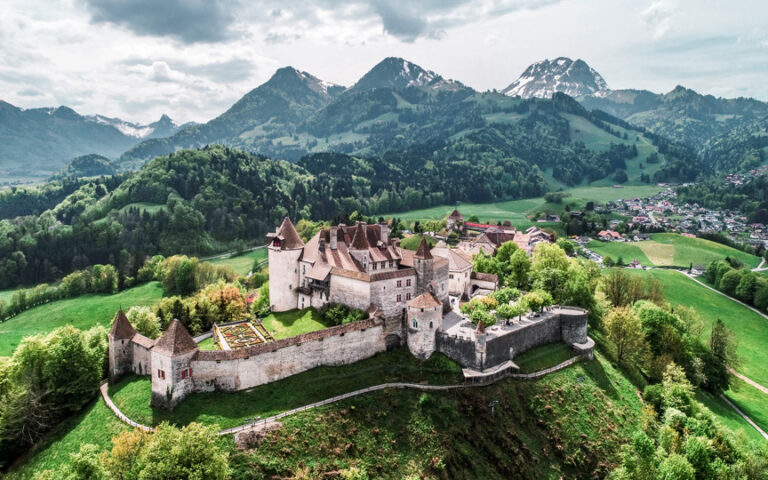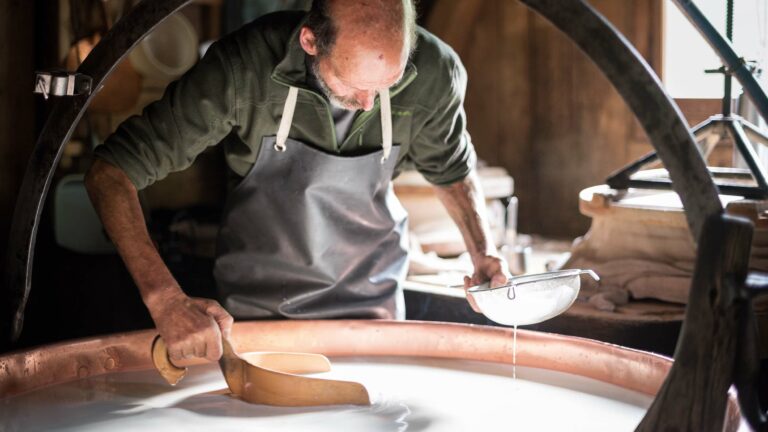Anyone familiar with the upright, courageous and reverent people of Semsales will believe the following legend only with the greatest difficulty.
A priest was assigned to the parish of Semsales against the wishes of the parishioners, creating great animosity. When the priest fell mortally ill, there was no sign of regret or compassion in the village. As his illness progressed, so the joyful, irreverent song of the youth soared throughout the village, reaching the presbytery itself.
On a Friday in November of the year 1292 he was laid to rest. All local Christians should have come to pay their somber respects, yet none took the trouble. They did not like the priest when he was alive, and could not be bothered now he was dead. Following Mass, the clergy accompanied the hearse to the cemetery, followed by a single, solitary old woman, who showed her faith in God and respect for His ministers. Alone, for the blameworthy village's sake, she prayed, she wept and she feared for the future.
As the obsequies progressed, ominous clouds gathered, concealing the mountains from all sight; and a grim darkness fell upon the land. The instant the body was lowered into the earth and the priests chanted the De profundis, catastrophe struck.
O horror! No thunderous outcry, divine vengeance was answered only by deathly silence as every last house became a grave, every room a coffin. The entire village had been transformed into a cemetery because the good people did not deign to accompany the priest to his final resting place.
Abundant evidence attests the reality of the catastrophe, from the mountain veiled in darkness on the day of the event which to this day is called Black Mountain (Noire Montagne, Niger Mons, Niremont), to the resulting landslide and flood that became the river still known as the Dead Waters (Mortua aqua, Mortigue, Martivue). The latter is a particularly bad omen, because the devastating torrent has proven that it is anything but dead. Moreover, a source of wealth long ago, the salt marshes were practically destroyed. As for the inhabitants, they are left with the village name Semsales, so baptized in commemoration of the seven salt springs (Septem Sales) that had been the pride of their ancestors...
Source
Thematic route :
A Country of Legends
Text :
Joseph Genoud, from "les légendes fribourgeoises", Editions à la Carte
















